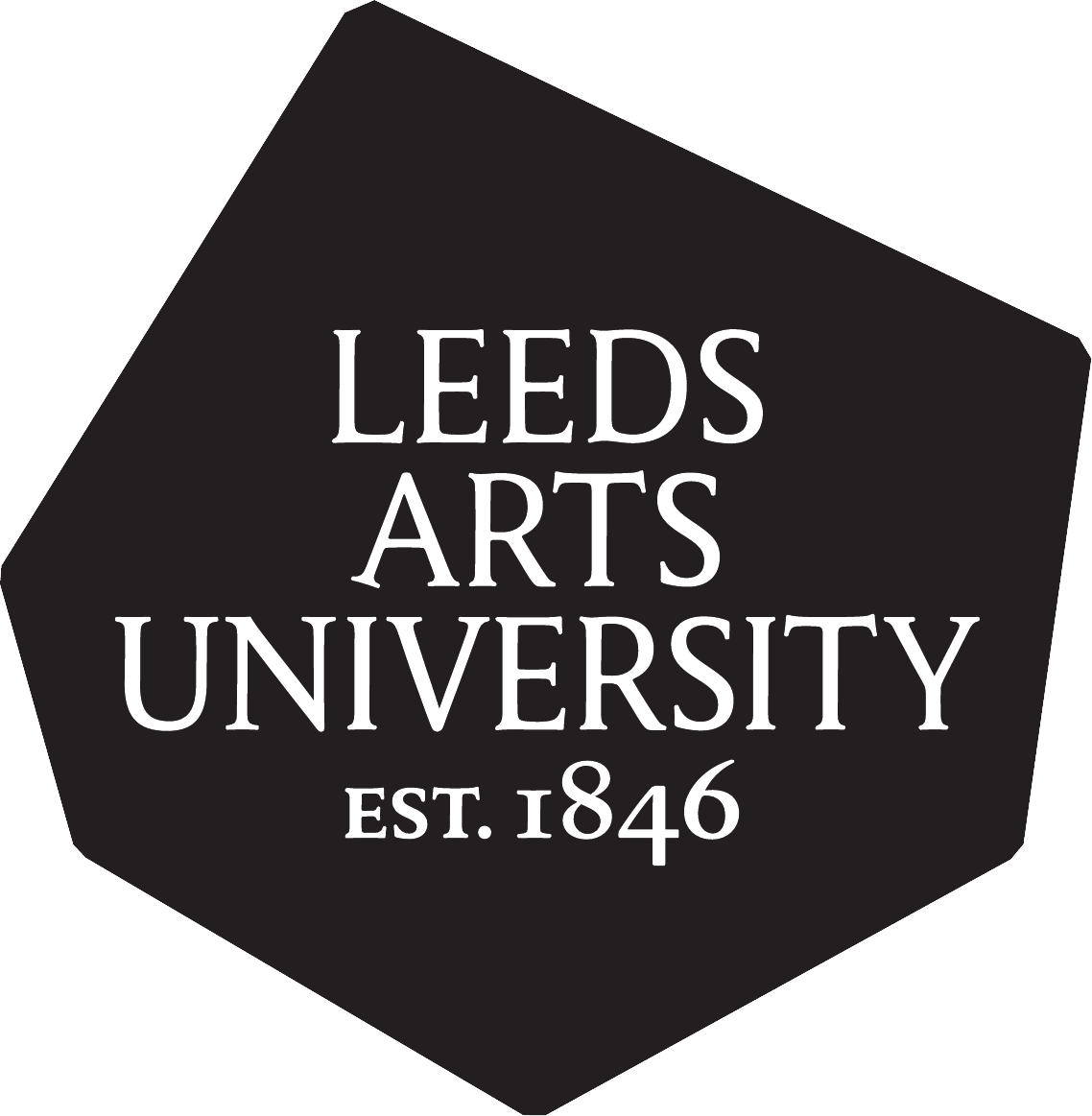Music Theory in Higher Education: The Language of Exclusion?
Huxtable, Jason 
Abstract
This study analyses the entry requirements for undergraduate higher education music courses. This shows how high-level music theory skills and instrumental grade attainment relating to theoretical understanding of score notation can be a barrier to music higher education. It is argued that modes of institutional capital relating to theoretical music skills represent an exclusive and excluding form of implicit discrimination. This leads to unrepresentative populations within HE music programmes and onwards into the music profession. Through an ontological justification of Western art music, and the corresponding ‘grammar’ of music theory, as a language, the nature of exclusivity implied by these entry requirements is identified. It is proposed that music theory requirements result in severe marginalisation of aspirant young musicians who do not ‘speak’ the ‘correct’ language, as defined by institutional and professional gatekeepers. The socio-economic culture of music education becomes fixed in elitism through this narrowing of the ‘language of access’. The intersectionality between race and class exists to compound the elitism of modes of musical language, further ensuring ‘what music is’ is decided by unrepresentative groups. Suggestions are proposed of what music departments can do to widen access and participation, moving towards a broader definition of musical literacy and the theoretical tools applied to a more diverse range of musical objects.
Actions (login required)
 |
Edit Item |

